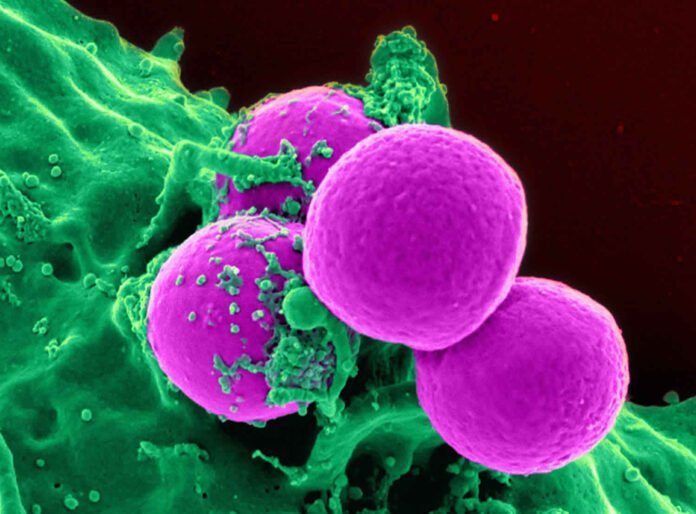In the realm of global health, a silent but menacing adversary is emerging – antibiotic resistance. This insidious phenomenon, fueled by the misuse and overuse of antibiotics, poses a grave threat to humanity’s ability to combat infections. As bacteria evolve and develop resistance to the drugs designed to eliminate them, we find ourselves at the precipice of a health crisis with far-reaching consequences.
Antibiotics, once hailed as miracle drugs, have revolutionized medicine and saved countless lives since their discovery. However, their widespread use, often without proper prescription or completion of the prescribed course, has accelerated the emergence of antibiotic-resistant bacteria. This resilience, cultivated by the very drugs meant to defeat them, transforms once-treatable infections into formidable adversaries.
The World Health Organization (WHO) has repeatedly sounded the alarm on antibiotic resistance, declaring it a global health emergency. The consequences of inaction are dire – common infections may become untreatable, routine medical procedures like surgeries and chemotherapy could become life-threatening, and the overall efficacy of healthcare would plummet.
One of the contributing factors to antibiotic resistance is the overuse of these drugs in agriculture. In many parts of the world, antibiotics are routinely administered to livestock to promote growth and prevent disease. This practice creates a breeding ground for resistant bacteria that can make their way into human populations through various channels, posing an additional threat to public health.
More About Antibiotic Resistance
As antibiotic development lags behind the pace of bacterial evolution, researchers and healthcare professionals are faced with the challenge of finding alternative strategies to combat infections. The concept of antibiotic stewardship is gaining traction, emphasizing the responsible use of these drugs to preserve their effectiveness for as long as possible.
In hospitals and clinics worldwide, efforts are underway to educate healthcare providers and the public about the proper use of antibiotics. Patients are being encouraged to complete their prescribed courses, and healthcare professionals are exercising caution in prescribing these drugs unless absolutely necessary. Additionally, rapid diagnostic tools are being developed to swiftly identify the specific bacteria causing an infection, allowing for targeted antibiotic treatment.
Global cooperation is essential to address antibiotic resistance comprehensively. The misuse of antibiotics in one part of the world can impact people on the other side of the globe. A coordinated effort involving governments, healthcare systems, pharmaceutical companies, and the agricultural sector is imperative to curtail the emergence and spread of antibiotic-resistant bacteria.
Research into new antibiotics and alternative treatments is crucial to staying ahead of bacterial resistance. However, the economic realities of drug development, coupled with the complex nature of bacterial evolution, make the search for effective solutions a formidable challenge. Governments and international organizations must prioritize and invest in research that addresses this looming threat to global health security.
As we confront the specter of antibiotic resistance, individuals can play a role in safeguarding the efficacy of these crucial drugs. Responsible use, adherence to prescribed regimens, and supporting policies that regulate antibiotic use in healthcare and agriculture are steps that each person can take to contribute to the global fight against this looming, lethal threat.
In the face of antibiotic resistance, the choices we make today will shape the trajectory of healthcare for generations to come. The urgency of the situation demands a collective and unwavering commitment to preserving the effectiveness of antibiotics and ensuring that these life-saving drugs remain a cornerstone of modern medicine.



